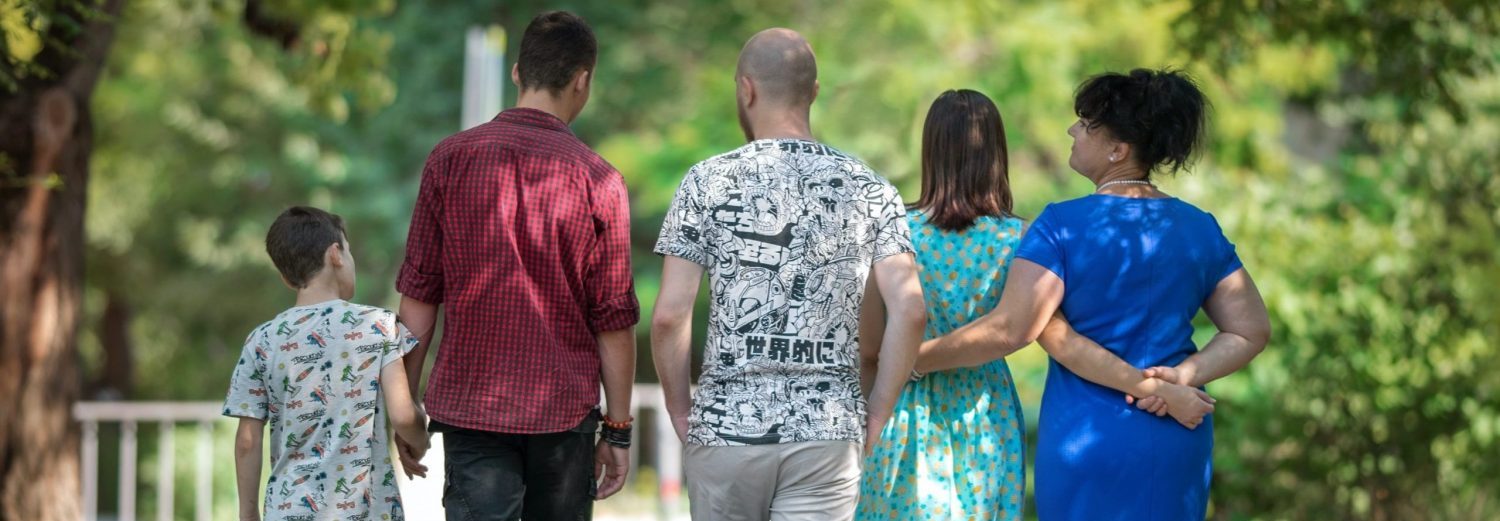Kinship Care
Children are in kinship care when they cannot live with their parents, but live full-time with a relative or any non-relative who has a long-standing relationship with the child or family. Kinship care is the most desirable living arrangement for children who cannot live with their parents. It helps children preserve a sense of family and belonging. It can help children identify with their family’s culture and traditions.
Types of Kinship Care
- An informal agreement between family members or with a non-relative. This arrangement can occur when Hamilton County Children’s Services does not have legal custody of the child.
- Kinship caregiver – The caregiver has physical custody, and Hamilton County Children’s Services has legal custody.
- Kinship guardian – The caregiver has legal custody and physical custody. Hamilton County Children’s Services typically closes the case.
- Kinship foster care – The caregiver is a licensed foster parent and has physical custody of the child. Hamilton County Children’s Services has legal custody.
- Kinship adoption – The biological parents’ rights are terminated and the relative caregiver becomes the child’s legal parent.
Kinship Care Facts and FAQs
Detailed answers to common and important questions about Kinship Care and foster care
Additional Kinship Care Resources
Financial support and much more is available to make sure you’re a confident, prepared caregiver.
Need to Talk About It?
For assistance with navigating these programs and resources available to you, please email: Hamil-TAY@jfs.ohio.gov
